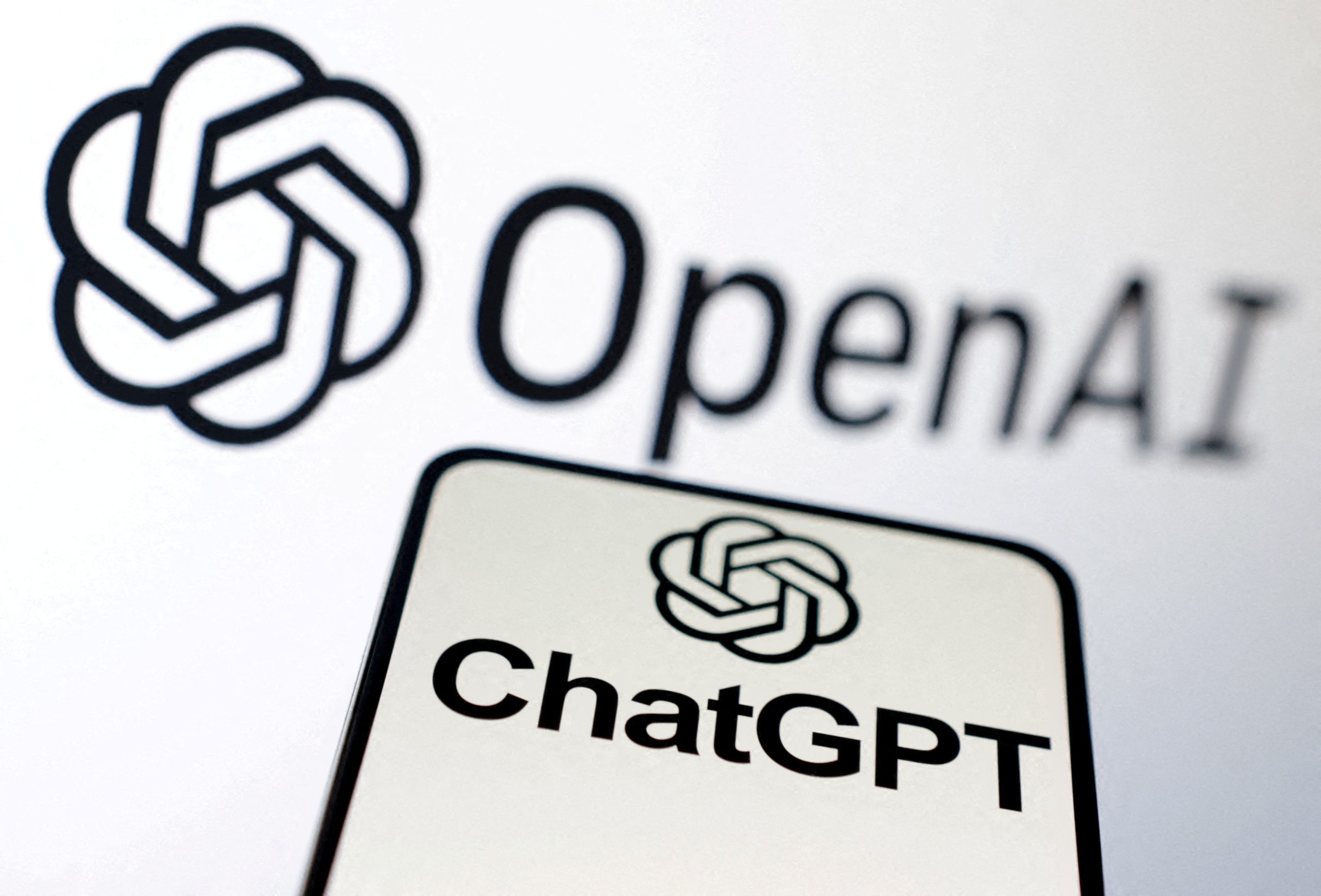
C++ is one of the most influential and widely used programming languages in the world, serving as a foundation for a wide range of software applications, operating systems, and game engines. Known for its versatility, performance, and ability to support multiple programming paradigms, C++ continues to be a vital tool for developers in various fields. This article delves into the history, features, and practical applications of C++ to offer a comprehensive understanding of its significance in modern software development.
The History of C++
Origins and Development
C++ was developed in the early 1980s by Bjarne Stroustrup at Bell Labs as an enhancement of the C programming language. Initially named “C with Classes,” the language was designed to incorporate object-oriented programming (OOP) features into C, which was already well-known for its speed and efficiency in system-level programming.
Stroustrup’s primary goal was to create a language that combined the efficiency and low-level control of C with the higher-level abstractions of OOP. In 1983, the language was officially renamed to C++—a nod to the increment operator in C, symbolizing an improvement over its predecessor. The first official version of C++ was released in 1985, with subsequent versions introducing additional features such as templates, exception handling, and the Standard Template Library (STL).
C++ Standardization
As the language gained popularity, there was a need for standardization to ensure consistent behavior across different compilers. In 1998, the first international standard for C++ (ISO/IEC 14882:1998) was published, commonly referred to as C++98. Several updates followed, including C++03, C++11, C++14, C++17, and C++20, each adding new features and enhancements to improve the language’s functionality, safety, and ease of use.
C++11, in particular, marked a significant milestone, introducing features like lambda expressions, move semantics, and smart pointers, which addressed many of the language’s earlier shortcomings. The ongoing evolution of C++ continues with C++23, ensuring that the language remains relevant in a rapidly changing software landscape.
Key Features of C++
Multi-Paradigm Support
One of C++’s defining characteristics is its support for multiple programming paradigms. While it is often associated with object-oriented programming (OOP), C++ also supports procedural, functional, and generic programming, allowing developers to choose the best approach for their specific needs.
- Procedural Programming: C++ retains the procedural roots of C, making it suitable for system-level programming where direct access to hardware and memory is crucial.
- Object-Oriented Programming (OOP): C++ introduced classes, inheritance, polymorphism, and encapsulation, all key OOP concepts that help in building modular and reusable code.
- Generic Programming: With the introduction of templates, C++ allows for the creation of functions and data structures that can operate on any data type, making code more flexible and reducing duplication.
- Functional Programming: C++ supports elements of functional programming, such as lambda expressions, which enable developers to write code that is more concise and expressive.
Low-Level Control with High-Level Abstraction
C++ strikes a unique balance between low-level control over hardware and high-level abstractions for easier program development. This is particularly beneficial in system programming, where performance is critical. For example, C++ allows direct manipulation of memory through pointers and manual memory management, which gives developers fine-grained control over how resources are allocated and released.
At the same time, C++ provides high-level abstractions such as classes and templates that enable developers to write more maintainable and reusable code. The ability to blend low-level control with high-level abstractions is one of the reasons why C++ is used in both system-level programming (like operating systems and drivers) and application-level programming (such as GUI-based software and games).
Performance and Efficiency
Performance has always been a key factor behind C++’s widespread adoption. Unlike many high-level languages, C++ compiles directly to machine code, which means it can take full advantage of the underlying hardware. This makes C++ a popular choice for performance-critical applications such as game engines, real-time systems, and high-frequency trading platforms.
Furthermore, C++ offers tools for managing memory and optimizing resource usage, such as manual memory management through new and delete, or smart pointers introduced in C++11. These features allow developers to fine-tune the performance of their applications while avoiding common pitfalls like memory leaks and dangling pointers.
Standard Template Library (STL)
The Standard Template Library (STL) is one of C++’s most powerful features, providing a rich set of template-based data structures and algorithms that are both flexible and efficient. The STL includes commonly used containers like vector, list, and map, as well as algorithms for searching, sorting, and manipulating data.
By leveraging the STL, developers can avoid reinventing the wheel and focus on solving the specific problems of their applications. The use of templates ensures that these data structures and algorithms are both type-safe and highly optimized for performance.
Memory Management
C++ offers both automatic and manual memory management options, providing developers with flexibility. Manual memory management allows for precise control over the lifecycle of objects, making it ideal for performance-critical applications. However, this can also lead to issues like memory leaks and dangling pointers if not managed correctly.
To mitigate these issues, C++11 introduced smart pointers (std::shared_ptr, std::unique_ptr), which automatically manage memory by ensuring that resources are properly deallocated when they are no longer needed. This feature enhances the safety and robustness of C++ applications without sacrificing performance.
Applications of C++
Systems Programming
C++ is widely used in systems programming, particularly in the development of operating systems, device drivers, and embedded systems. Its ability to interface directly with hardware, manage memory manually, and optimize for performance makes it a perfect choice for system-level tasks.
Operating systems such as Windows, parts of macOS, and Linux-based systems use C++ in their core components. Embedded systems in devices like routers, medical equipment, and automotive control systems also rely heavily on C++ due to its performance and close-to-hardware capabilities.
Game Development
C++ is the language of choice for game developers, largely due to its ability to deliver high-performance code that can handle real-time graphics rendering and complex simulations. Major game engines, including Unreal Engine and Unity, are either written in C++ or provide C++ as an option for scripting and performance-critical tasks.
In game development, where every millisecond counts, C++’s ability to fine-tune performance is indispensable. The language’s support for procedural, object-oriented, and even functional paradigms allows developers to write efficient and modular code, which is essential for managing the complexity of modern games.
Software Development
C++ is widely used for developing a variety of software applications, from desktop apps to web browsers. For example, Adobe’s suite of applications (Photoshop, Illustrator, etc.) and popular web browsers like Mozilla Firefox and Google Chrome are written in C++.
The language’s portability across different platforms and its ability to optimize for performance make it suitable for large-scale software projects that require high efficiency and scalability. The cross-platform compatibility of C++ allows applications written in C++ to run on various operating systems with minimal modifications.
Finance and High-Frequency Trading
In the financial sector, C++ is commonly used for building high-frequency trading systems and other financial applications where low latency and fast execution are crucial. C++’s ability to optimize performance and directly interface with hardware makes it ideal for these types of applications.
Banks and financial institutions often use C++ to develop trading platforms, risk management systems, and real-time analytics tools. The language’s ability to process vast amounts of data quickly is essential for maintaining a competitive edge in financial markets.
Scientific Computing and Simulations
C++ is also prevalent in scientific computing, simulations, and computational models. Its ability to perform complex mathematical computations efficiently makes it an ideal choice for applications in fields like physics, chemistry, and engineering. Many high-performance libraries used in scientific computing, such as the GNU Scientific Library (GSL), are written in C++.
Furthermore, C++ is used in simulations that require real-time performance, such as those used in aerospace, automotive industries, and even in video game physics engines.
Conclusion
C++ continues to be a vital programming language in a variety of fields, thanks to its versatility, performance, and rich feature set. Whether you’re developing an operating system, a real-time game, or a high-frequency trading platform, C++ offers the tools and capabilities to build efficient, reliable, and scalable software. Its enduring relevance and continued evolution ensure that it will remain a cornerstone of modern software development for years to come.








